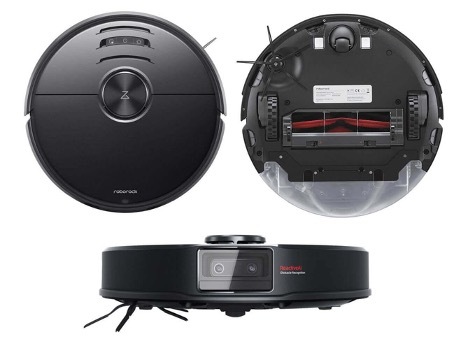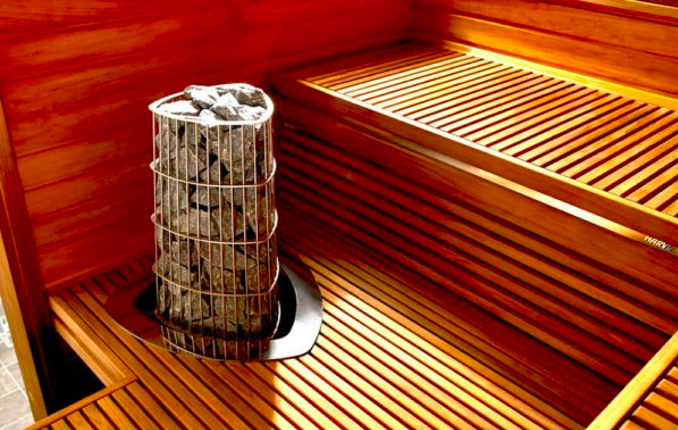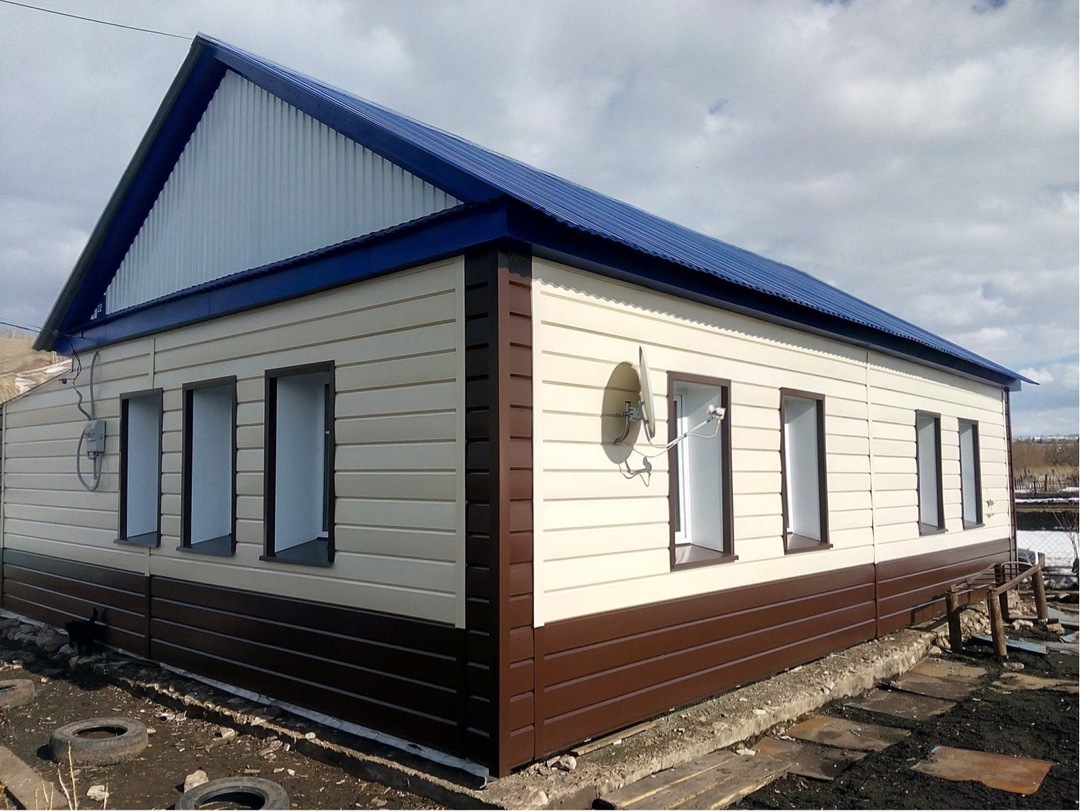The robot vacuum cleaner with building a room map not only cleans the floor, but also builds a detailed map, as well as the trajectory of movement. Thanks to this, he consistently removes every centimeter, without duplicating the movement. The features of such devices, their pros and cons are described in this article.
The content of the article
- How does a robot vacuum cleaner work?
- Pros and cons of a robot vacuum cleaner
How does a robot vacuum cleaner work?
The fundamental difference between this vacuum cleaner and traditional models is the presence of several sensors. They are built into the body of the unit and allow it to navigate the room well and perform efficient cleaning with minimal electricity consumption. The robotic vacuum cleaner with map building can make an optimal trajectory of movement thanks to several additions:
- Distance sensors (contact or ultrasonic).
- Camera on the lid with processor.
- Lidar is a laser distance meter. It rotates during cleaning and transmits the distance to each nearest object to the control module.

Thanks to the built room map, the robot vacuum cleaner literally cleans every square centimeter. At the same time, it does not process the same surface several times, which improves work efficiency.
The use of such a device is justified if the area of the apartment exceeds 50 m2. In such cases, the use of a conventional robot can be difficult, since it does not remember the places already cleaned and does not guarantee the total processing of all corners.
Pros and cons of a robot vacuum cleaner
Robotic vacuum cleaners with room-mapping technology have several obvious advantages:
- cleaning is carried out independently without human intervention, which is especially important for the elderly;
- building a map of the room by the robot guarantees efficient cleaning of every corner: the vacuum cleaner remembers the places where it has already been;
- you can start the process at almost any time using the application on your phone;
- the device works autonomously, there is no risk of getting tangled in the wires;
- the device is compact, so you can take it anywhere;
- the noise level is much lower than traditional models;
- electricity costs are minimal, and the result is of consistently high quality;
- universal purpose - can process any kind of surface.

There are also disadvantages, but they concern only the cleaning technology itself. For example, a device with sensors that determine the distance is already considered obsolete. Such a robot vacuum cleaner builds a map of the room much longer, and does not take into account changes in real time (for example, the movement of a person, an animal).
Devices with a camera do not have these disadvantages, but they move rather poorly in a room with poor lighting. You also need to take into account that the camera calculates the floor area on the ceiling without taking into account the arranged furniture and other items. But if the model is equipped with ultrasonic sensors, this disadvantage is absent.

Models with laser distance meters are more perfect. However, they may misjudge the distance next to black furniture or close to a mirror. If possible, such items should be removed during cleaning.
Thus, the robot vacuum cleaner with the function of building a room map is really more advanced than conventional devices. It costs, as a rule, more expensive, but in terms of convenience it surpasses even the most advanced devices. Dealing with the controls is very simple - it remains only to entrust the cleaning to the equipment and go about your business.


